At IRIS, we recognize climate change as both a significant risk and a critical opportunity for our business. As a risk, it poses challenges to our operations, supply chains, and the communities where we work. As an opportunity, it drives us to innovate, adopt sustainable practices, and develop solutions that contribute to a low-carbon future.
We are committed to reducing our environmental footprint, strengthening resilience, and integrating sustainability into our long-term business strategy. By addressing climate change proactively, we not only safeguard our business but also create value for our stakeholders and contribute positively to society and the environment.
Our initiatives include:
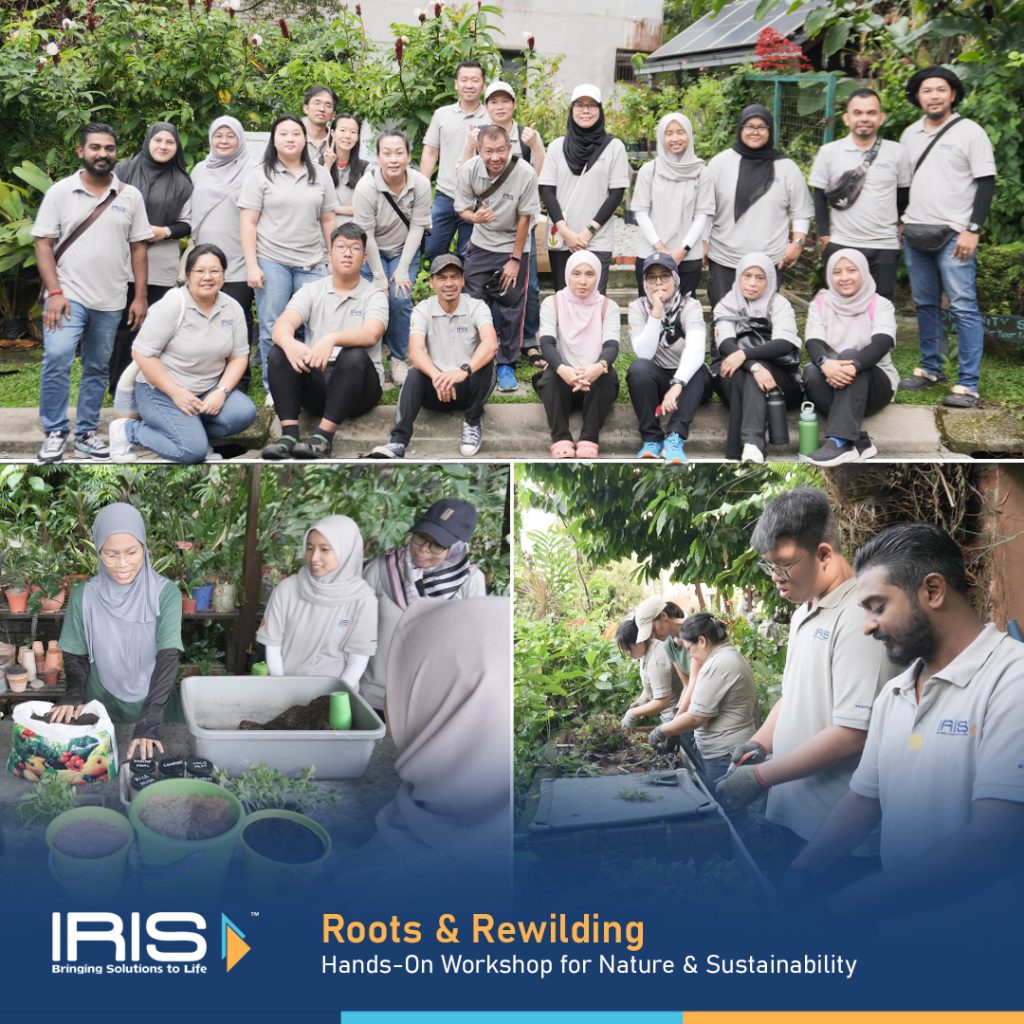
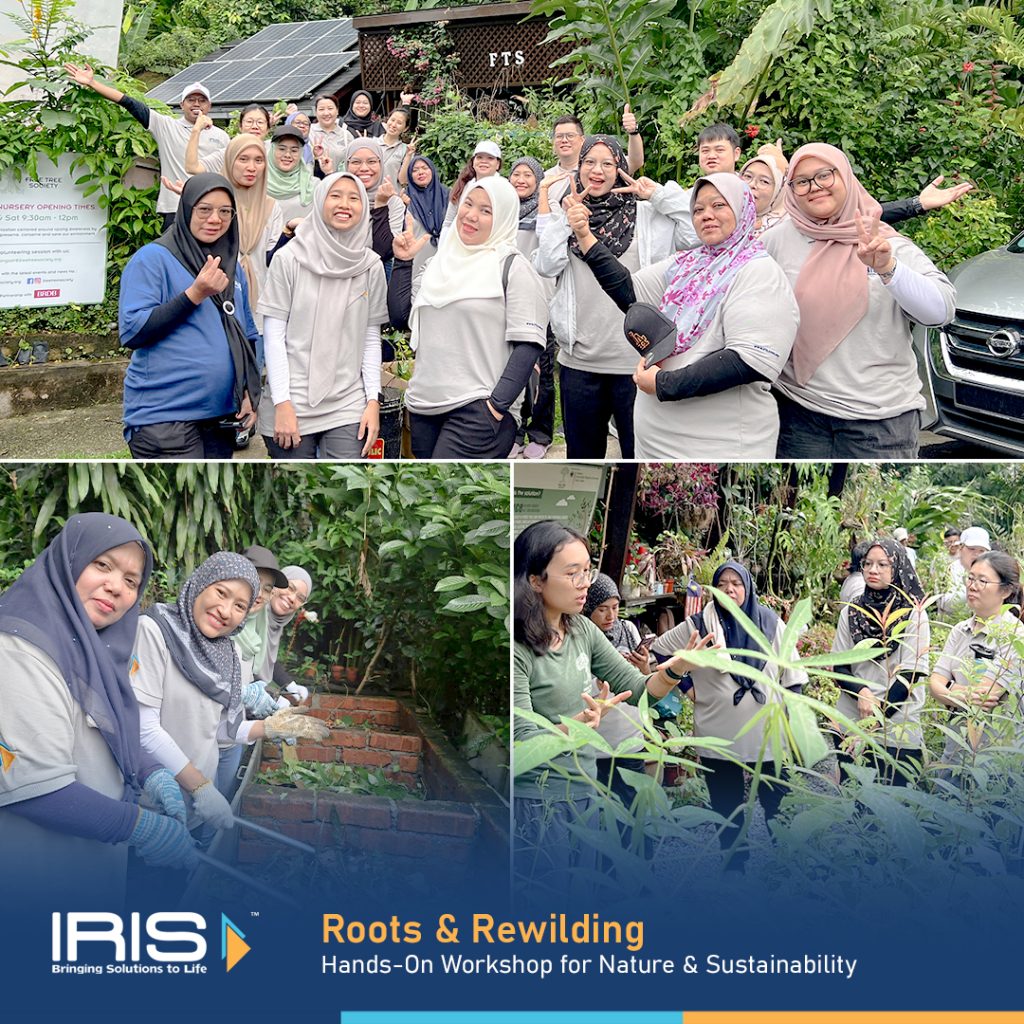
This strategy involves harnessing solar power through the installation of rooftop solar panels, providing a clean and renewable energy source. By utilizing solar energy, it reduces dependency on non-renewable fossil fuels, significantly lowering greenhouse gas emissions. Additionally, this approach contributes to long-term energy cost savings and supports sustainable operations, aligning with global efforts to combat climate change and promote environmental responsibility.
The Global Temperature Anomaly (2020-2024) tracks the deviation in global temperatures from pre-industrial levels (1850-1900) over the past five years. This period has witnessed some of the warmest years on record, highlighting the accelerating pace of climate change. The anomaly provides critical insights into how human activities, particularly greenhouse gas emissions, are influencing global temperatures and shaping the future of our climate. This data underscores the urgency of addressing climate challenges and the need for effective, global mitigation strategies.
– CGM Climate Governance Malaysia
Global Temperature Anomaly
Global highlights the persistent rise in atmospheric CO₂ levels, signaling the intensifying impact of human activities on the planet. The increasing concentrations reflect the challenges in curbing greenhouse gas emissions and emphasize the urgent need for global efforts to address climate change and protect environmental sustainability.
As of these issues, Iris has been using the strategies below to address environmental challenges effectively. First, Carbon Footprint Reduction Strategies are implemented to minimize emissions across operations, including energy optimization and waste management practices. Second, the adoption of Renewable Energy Usage, such as installing a rooftop solar energy system, ensures a sustainable and clean energy source while reducing reliance on fossil fuels. Lastly, Climate Change Mitigation and Adaptation Plans have been developed to anticipate and respond to climate-related risks, safeguarding operations and promoting resilience in the face of global environmental changes. These strategies demonstrate Iris's commitment to sustainability and environmental stewardship.
Carbon footprint reduction strategies are initiatives and practices aimed at minimizing greenhouse gas emissions caused by human activities. These strategies involve optimizing energy usage, adopting renewable energy sources, improving efficiency in transportation and production, reducing waste, and promoting sustainable practices across industries. By implementing such measures, organizations and individuals can contribute to mitigating climate change, enhancing sustainability, and fostering a healthier environment for future generations.
Source: Intergovernmental Panel on Climate Change (IPCC)
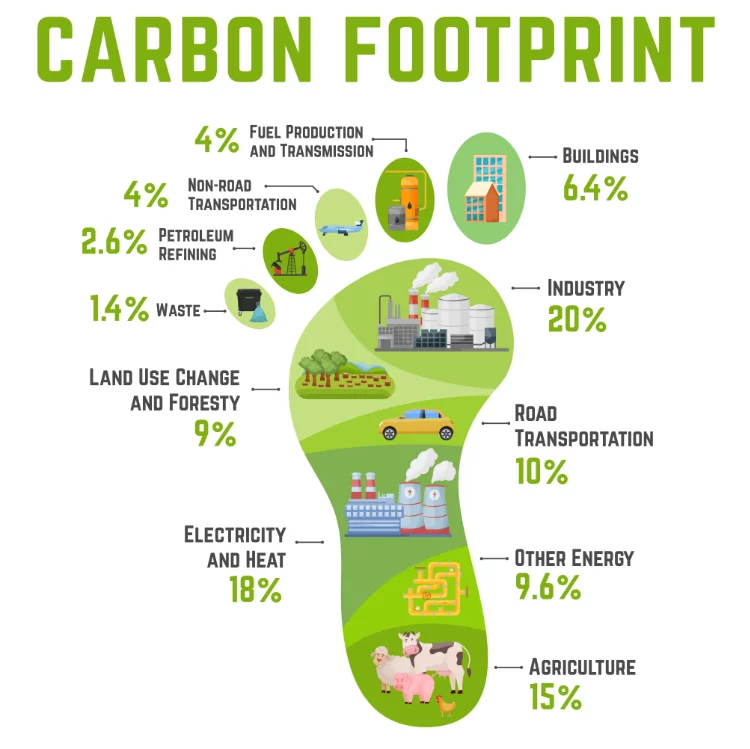
This strategy focuses on reducing the impact of climate change while preparing for its inevitable effects. Mitigation efforts include minimizing greenhouse gas emissions through energy efficiency, renewable energy adoption, and sustainable practices. Adaptation plans involve assessing climate risks and implementing measures such as infrastructure resilience, water conservation, and biodiversity protection to safeguard operations and communities. Together, these plans aim to create a sustainable future by addressing both the causes and consequences of climate change.
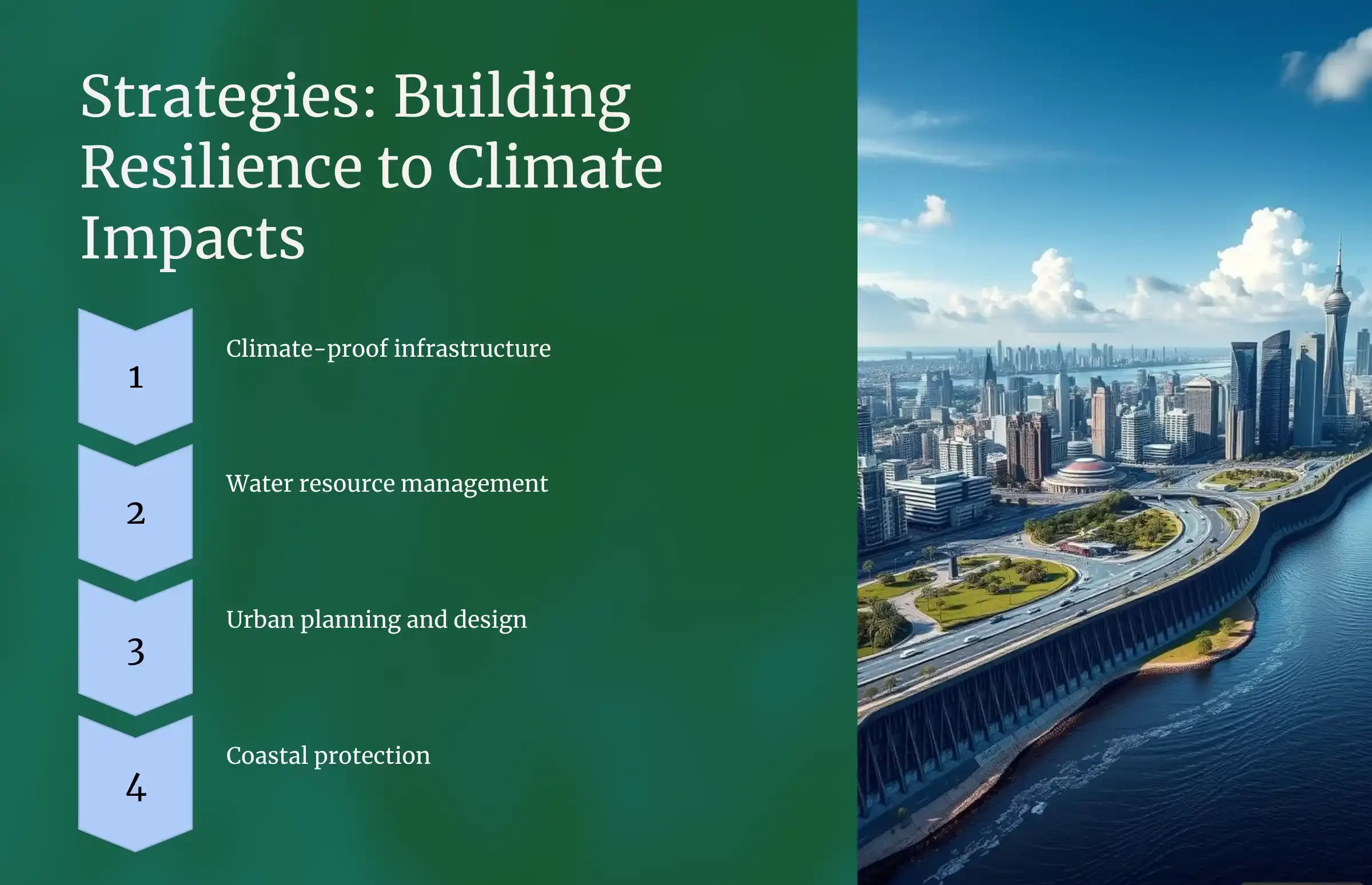
| Objective | Reduce energy consumption and greenhouse gas emissions. |
| Actions | Upgrade to energy-efficient appliances and systems, implement smart energy management solutions, and conduct regular energy audits.. |
| Outcome | Decreased operational carbon footprint and lower energy costs |
We optimise resource use to reduce waste, recycle responsibly, and protect natural assets.
Our initiatives include:
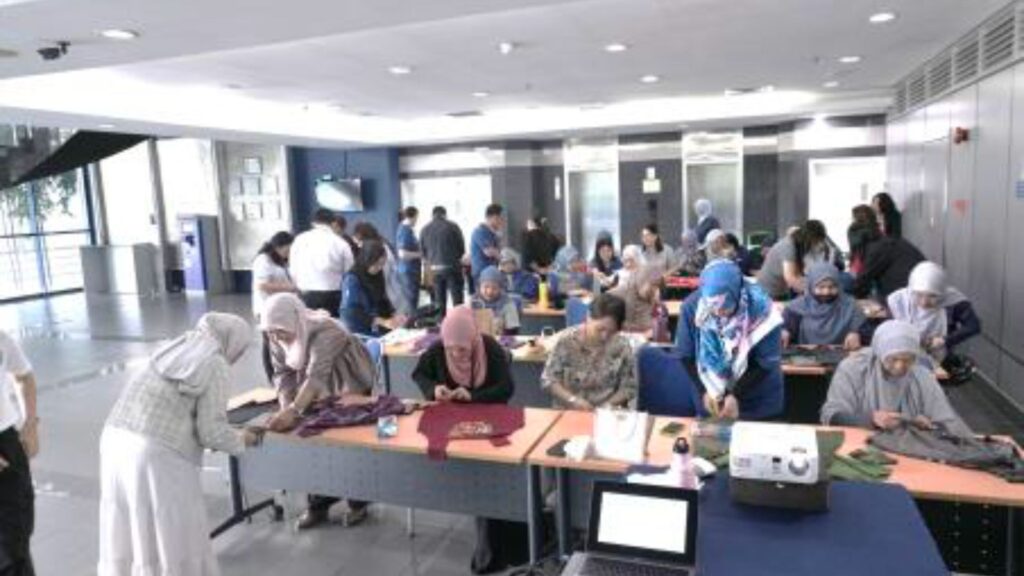
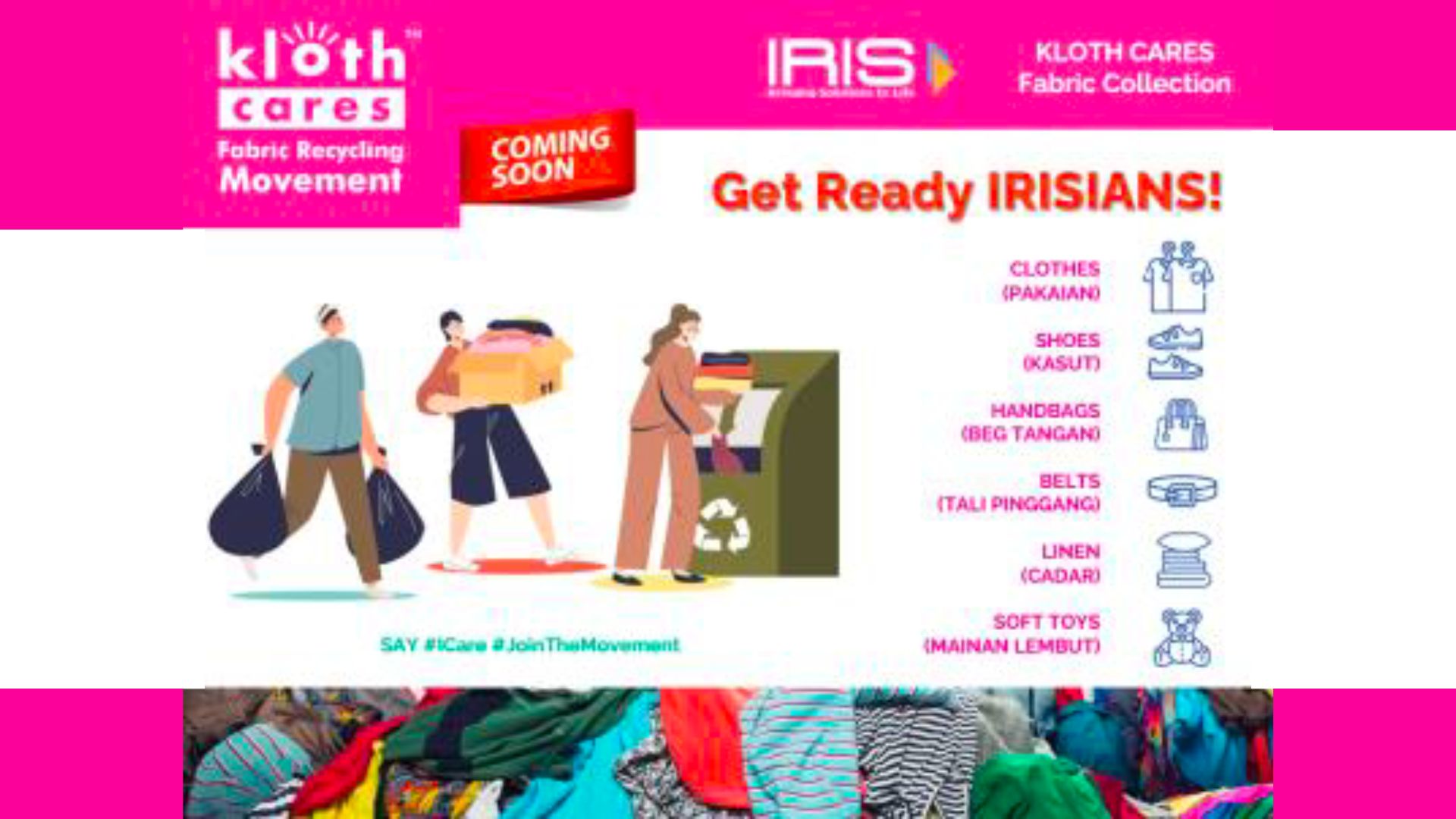
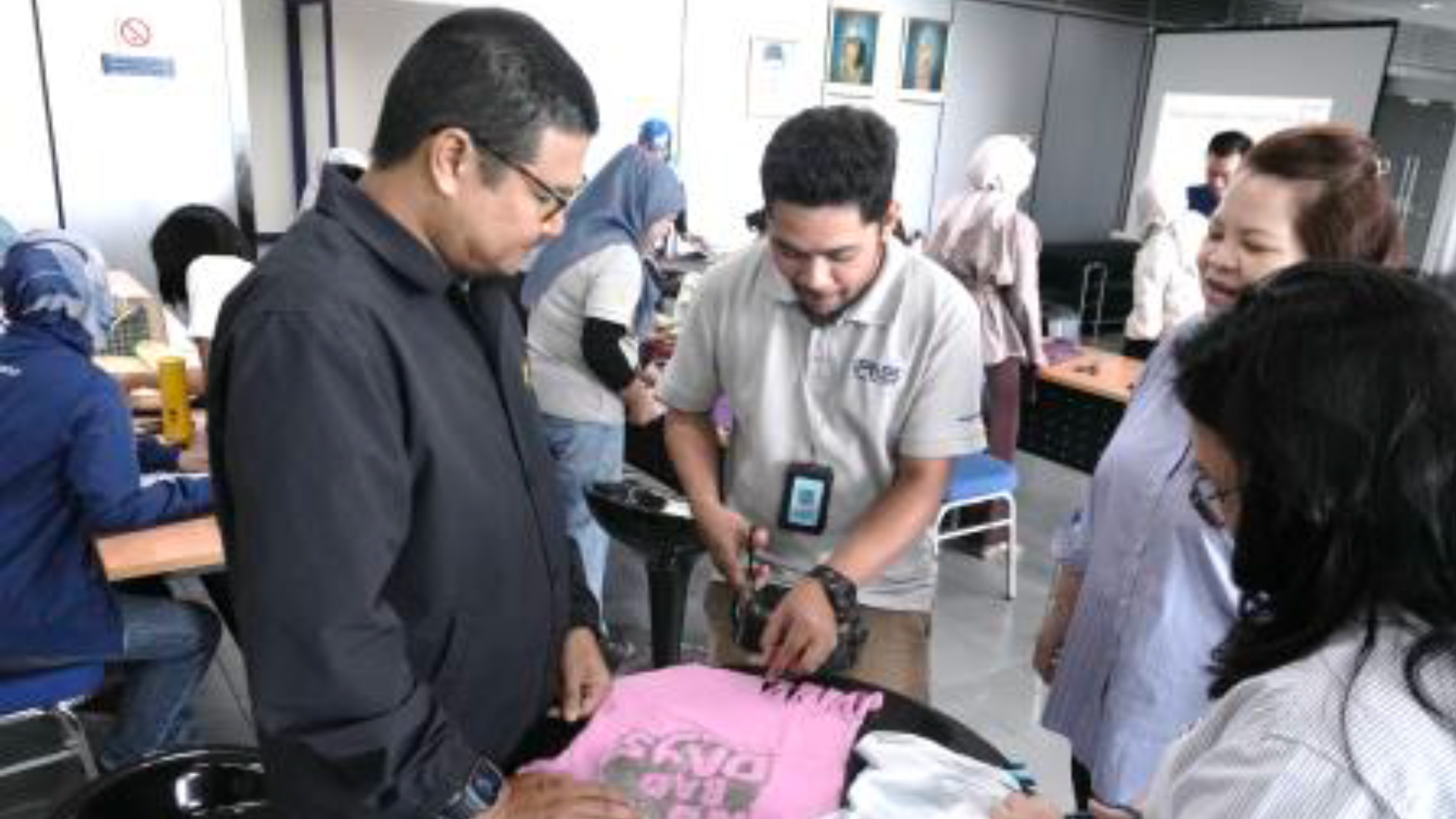
Water and energy conservation is important for several reasons, as it plays a critical role in ensuring the sustainability of this vital resource for both current and future generations. Here are the latest records of IRIS energy and water consumption.


Waste reduction and recycling programs are essential for minimizing environmental impact, conserving resources, and promoting sustainability. These programs help reduce the volume of waste sent to landfills, conserve raw materials, and lower carbon emissions associated with waste disposal.
Managing scheduled waste responsibly ensures compliance with regulations, protects the environment, and safeguards public health. By implementing proper handling, storage, and disposal practices, we minimize risks, promote sustainability, and demonstrate our commitment to environmental stewardship.
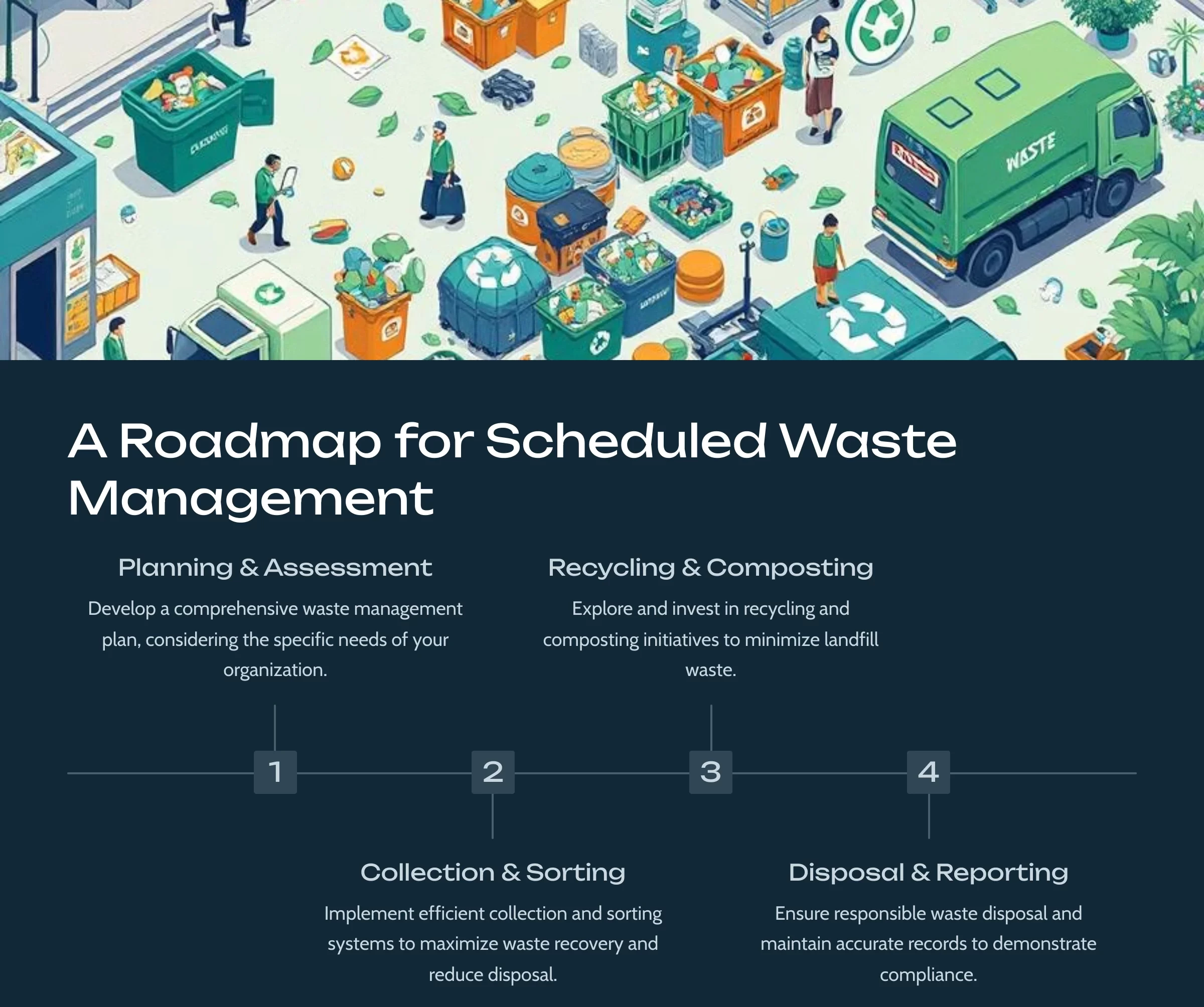
Environmental assessments are essential for identifying potential risks and ensuring compliance with environmental regulations. Regular monitoring allows us to track the impact of our operations, minimize harm to natural ecosystems, and optimize resource usage. These practices are integral to our commitment to environmental stewardship and operational excellence.
We safeguard ecosystems by minimising our footprint and ensuring responsible operations.
Our initiatives include:
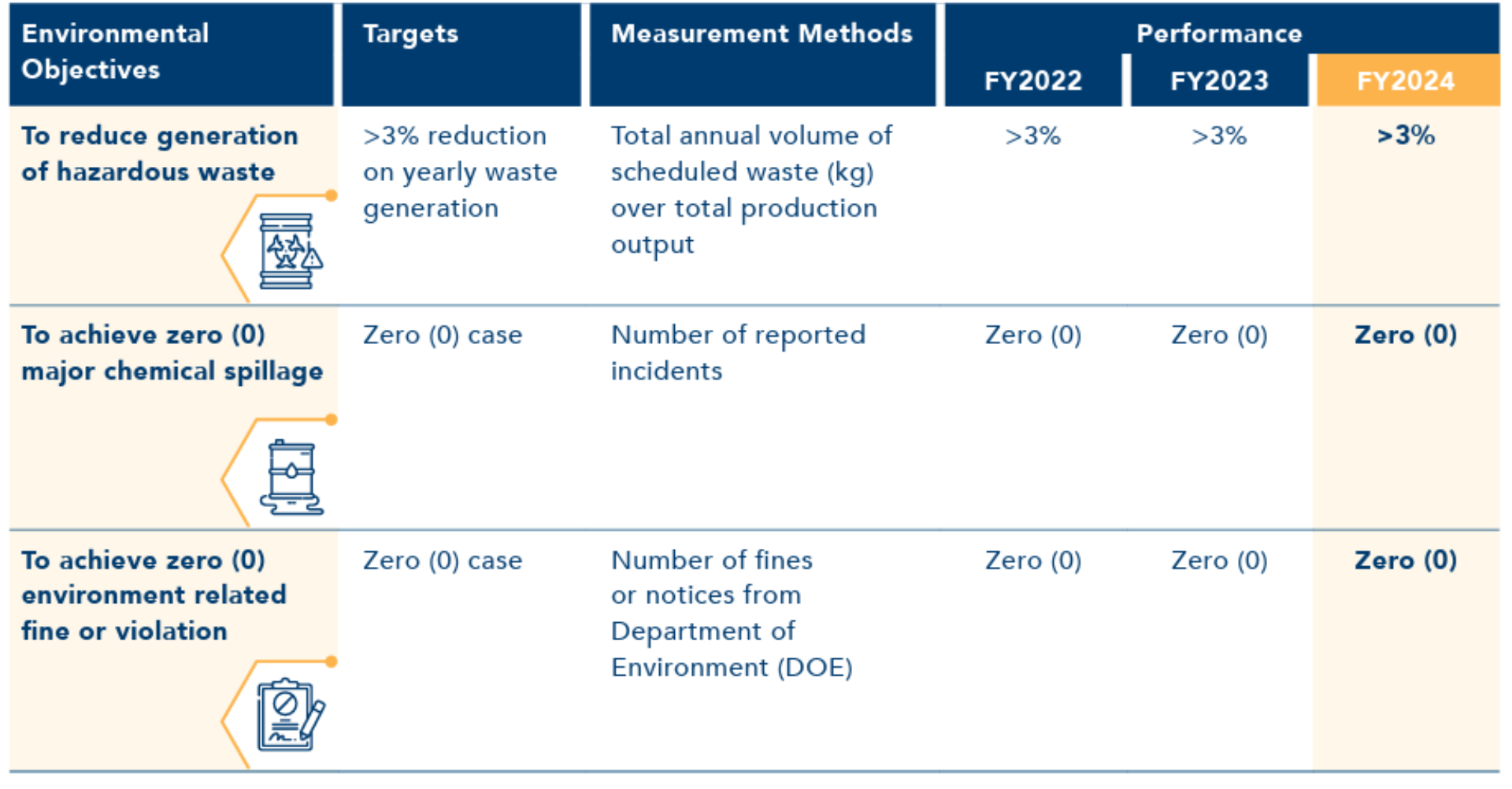
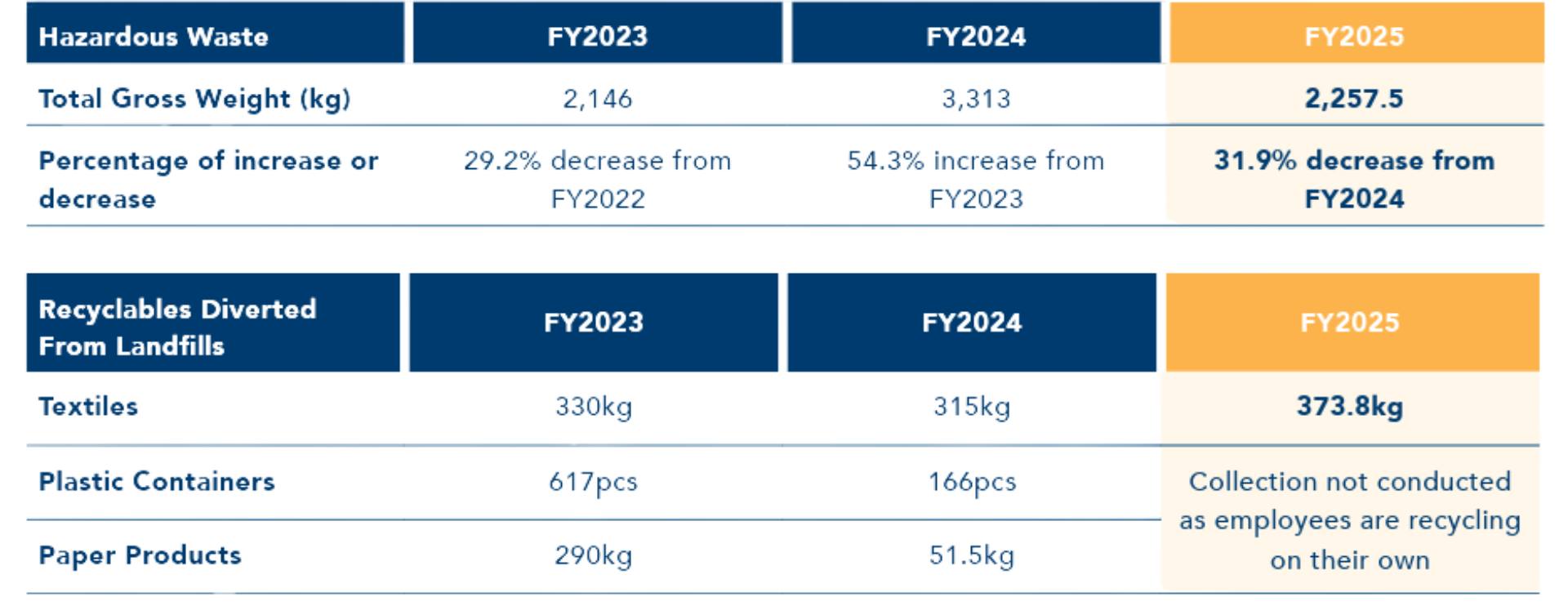
Our commitment to compliance with international standards, such as ISO, encompasses adherence to documenting the climate-change related impact or risk to our company. We recognise the urgent need to address climate change and have integrated relevant protocols into our compliance frameworks and enterprise risk management. This ensures that our operations not only meet regulatory requirements but also contribute to sustainable and environmentally responsible practices, minimising GHG emissions while contributing to a more sustainable and resilient future.
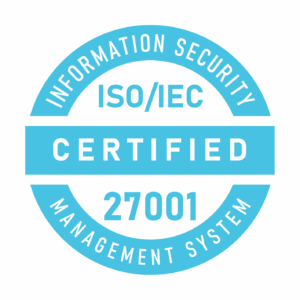
The objective of ISO/IEC 27001:2022 is to "provide a model for establishing, implementing, operating, monitoring, reviewing, maintaining, and improving an Information Security Management System". ISO/IEC 27001:2022 is the updated version of the British Standard for Information Security Management Systems, BS 7799-2:2002. The standard covers all types of organizations. It is designed to ensure the selection of adequate and proportionate security controls that protect information assets and give confidence to interested parties.
IRIS Corporation Berhad (IRIS) has been awarded the ISO/IEC 27001:2022 certification in recognition of its standardized best practices and effective information security management system (ISMS) for digital identity security across the organisation.
The ISO/IEC 27001:2022 certification demonstrates IRIS’S obligation to leverage on domestic and international expertise to embrace global standards of service provision in compliance with applicable regulatory requirements to further its business objectives and scientific goals, and provide superior quality to its sponsors.
The standard ensures controls are in place to reduce the risk of security threats and to avoid system weaknesses being exploited. It will also help IRIS to develop a business continuity plan that will minimize impact of any security breaches.
IRIS recognises the important of this certification and acknowledges that ISO/IEC 27001:2022 will ensure employees in the organisation-from management to technical staff-to get on the same frequency regarding goals, individual duties, improving communication and ultimately results.
In summary, this achievement signifies IRIS’S commitment to deliver the highest quality information security management system for our customers worldwide.
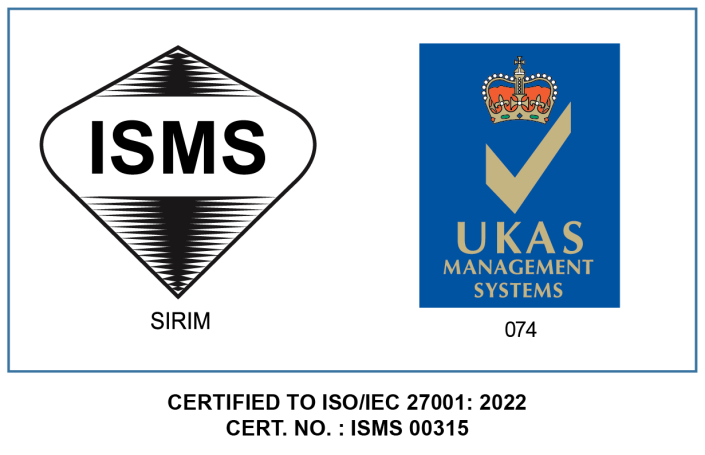
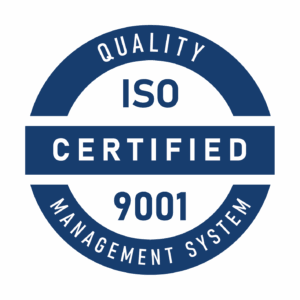
ISO 9001:2015 specifies requirements for a quality management system where an organization needs to demonstrate its ability to consistently provide product that meets customer and applicable statutory and regulatory requirements, and aims to enhance customer satisfaction through the effective application of the system, including processes for continual improvement of the system and the assurance of conformity to customer and applicable statutory and regulatory requirements.
ISO 9001:2015 sets out the criteria for a quality management system and is the only standard in the family that can be certified to (although this is not a requirement). It can be used by any organization, large or small, regardless of its field of activity.
In fact ISO 9001:2015 is implemented by over one million companies and organizations in over 170 countries. Where any requirement(s) of ISO 9001:2015 cannot be applied due to the nature of an organization and its product, this can be considered for exclusion.
The standard is based on a number of quality management principles including a strong customer focus, the motivation and implication of top management, the process approach and continual improvement. Using ISO 9001:2015 helps ensure that customers get consistent, good quality products and services, which in turn brings many business benefits.
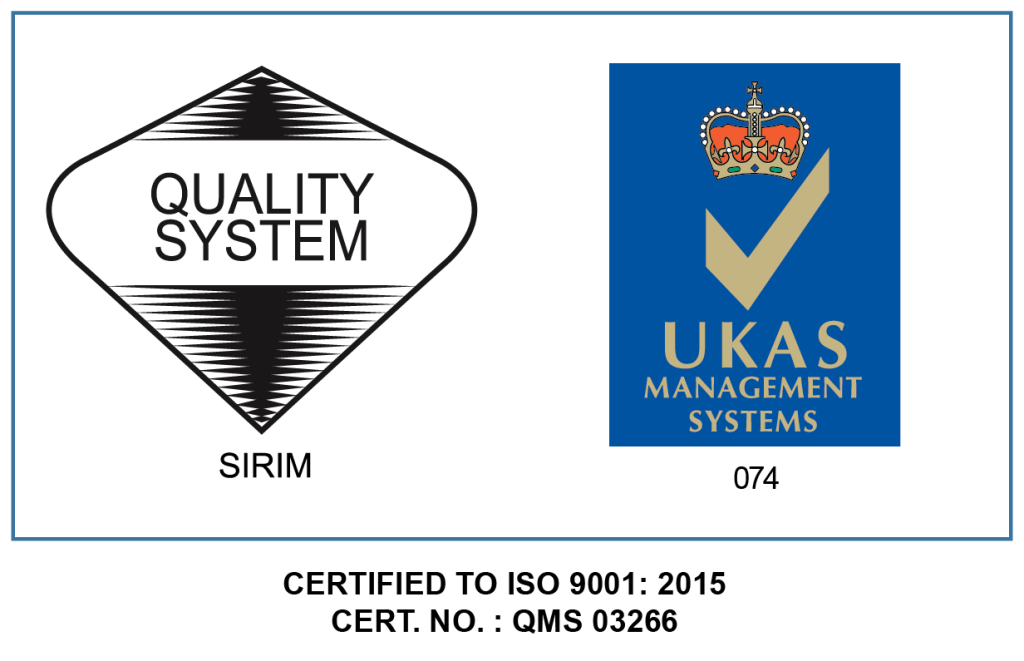
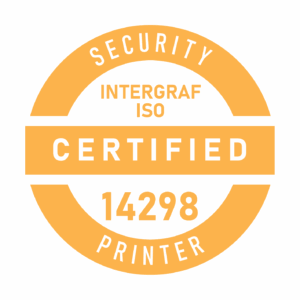
ISO 14298:2021 is an international standard that specifies requirements for an organization’s security management system, published by the International Organization for Standardization (ISO). Due to the nature of the subject the public ISO 14298 Standard is not very detailed on the specific measures companies need to take in order to secure their production processes. Besides the official and publicly available standard document, Intergraf provides confidential Implementation Guidelines and Intergraf Certification Requirements (ICR), exclusively developed for the security printing industry and the specific needs of this market. Those requirements are confidential and are not publicly available as access to these documents needs to be limited to security printers.
Intergraf ISO 14298 specifies requirements for the management of security printing processes.
Our commitment to the Intergraf ISO 14298 security management system, together with active and proactive risk management, enhances our strength and resilience to risk and potential threats.
At IRIS, the Intergraf ISO 14298 certification extends trust and demonstrates our competence, particularly in:
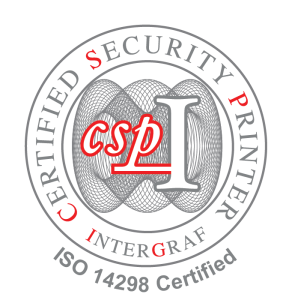
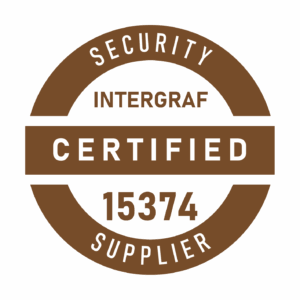
Intergraf’s CWA 15374 specifies security management system requirements for suppliers to the security printing industry. With CWA 15374 certification, IRIS, is committed to ensure that from logical security to physical security to supply chain assurance, a set of requirements are met to guarantee a high level of security across all operations when manufacturing and delivering security products including inlays for passports, cards and electronic covers for passports.
CWA 15374 certification does not only combine a wide variety of security requirements in order to guarantee maximum security from development to deployment of a printed product. They actually go beyond the requirements of the publicly available international standard to provide core requirements for interacting and conducting business in today’s security printing market.
As a trusted security supplier, CWA 15374 certification extends trust and demonstrates IRIS competence, particularly in:
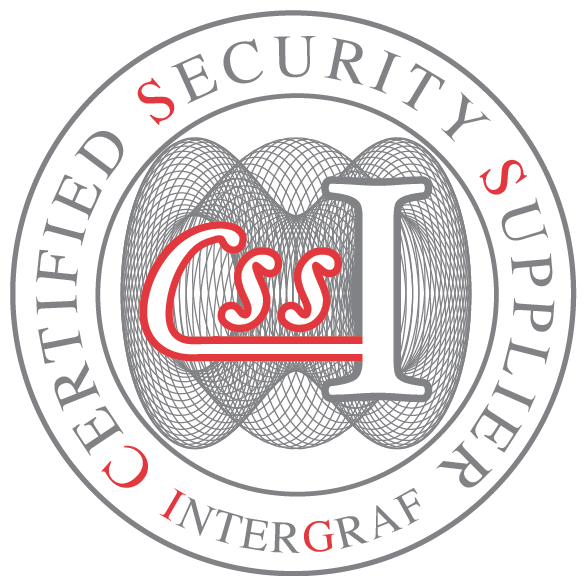
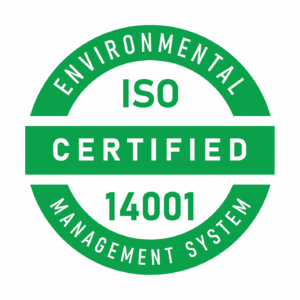
IRIS’ Environmental Management System (EMS) Policy & Objectives. IRIS is committed to the design, development, manufacture, and application of secure identification products and solutions while ensuring the environment is protected and that compliance obligations are fulfilled.
In continually improving the environmental management system and protection of the environment, including preventing pollution, IRIS has set the following objectives:
| ENVIRONMENTAL OBJECTIVES | TARGET | MEASUREMENT METHODS |
|---|---|---|
| To reduce generation of hazardous waste | >3% reduction on yearly waste generation | Total annual volume of scheduled waste (kg) over total production output |
| To achieve zero (0) major chemical spillage | Zero (0) case | No reported incident |
| To achieve zero (0) environment related fine or violation | Zero (0) case | Number of fines or notices from Department of Environment (DOE) |
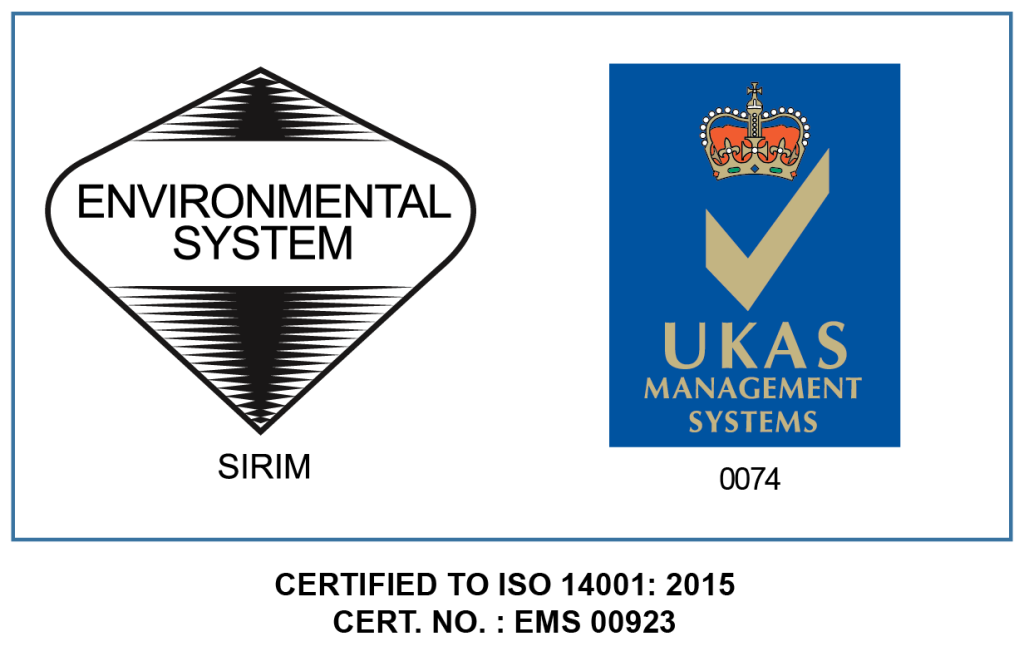
A Malaysian aged 53, Dato’ Poh was appointed to the board on 7 January 2026.
Dato’ Poh Yang Hong is a graduate of Monash University, Melbourne, Australia, with a Bachelor of Business (Management). He has brought over three decades of corporate and investment leadership experience, having begun his career with the Hong Leong Group in 1994. Over the years, he has held key strategic positions including Managing Director of Hong Leong Group Securities Berhad, Managing Director of GuocoLand (Malaysia) Berhad and Managing Director of the Group Investment Office of HL Management Co Sdn Bhd.
From 14 June 2018 to 1 March 2021, he served as the President and Group Managing Director of IRIS Corporation Berhad.
Fill out the form below, and we will be in touch shortly.
A Malaysian aged 52. Mr H’ng Boon Harng joined our Group in year 2017 and was appointed to the Board as Group Finance Director on 1 March 2021.
He has over 20 years of extensive experience in accounting and finance functions and started his career in one of the Big Four international accounting firms and later years joined public listed and private property development companies where he held managerial position in finance.
He graduated in Accountancy from University Kebangsaan Malaysia in year 1997 and later obtained his Association of Chartered Certified Accountants (ACCA) qualification in year 2002. He is currently a member of Malaysian Institute of Accountants (MIA) and fellow member of Association of Chartered Certified Accountants (ACCA).
A Malaysian aged 68, was appointed to the Board on 28 July 2017.
Haji Hussein graduated with a Bachelor of Business Administration (Finance) and Diploma in Accountancy from Universiti Teknologi MARA.
He is an approved Tax Agent under the Ministry of Finance Malaysia and a Member of the Chartered Tax Institute of Malaysia. He is also an approved Company Secretary under the Companies Commission of Malaysia, Affiliate Member of The Malaysian Institute of Chartered Secretaries Administrators and a Member of the Institute of Approved Companies Secretaries.
He is currently the Director of Folks DFK & Co., a member firm of DFK international since year 2007. He joined Azman, Wong, Salleh & Co back in year 1979 and the firm was then merged into Folks DFK & Co. on 1 February 2006. He has vast experience in the full range of public accountancy services including audit, accountancy, taxation, secretarial, consultancy services and insolvency assignments covering wide range of clients.
Previously, he was the Non-Independent Non-Executive Chairman of Encorp Berhad from year 2017 – 2021, and also on the Board of Felda Investment Corporation Sdn. Bhd. From year 2017 – 2022.
Haji Hussein currently also serves as a member of Audit and Risk Management Committee and Nomination Committee of the Company.
A Malaysian aged 53, was appointed to the Board on 7 November 2018..
Mr. Ling graduated with a Bachelor of Laws degree from the University of Bristol, England in year 1994 and was awarded the Degree of an Utter Barrister from Lincoln’s Inn in year 1995. He started his career at HLG Securities, the stockbroking arm of the Hong Leong Group of companies before being appointed as an Executive Director of United Traders Securities where he headed the Research and Corporate Finance divisions from year 1997 to 2003. In year 1999, he was also appointed to the Board of SHH Resources Holdings Berhad, a furniture manufacturer listed on the Main Market of Bursa Malaysia as a Non-Executive Director. In May 2015, he was re-designated as the Deputy Chairman of that company, a position he held till December 2016.
In March 2019, he was appointed as an Independent Non-Executive Director of TrickleStar Limited, a company listed on the Catalyst Market in Singapore. In January 2023, he was appointed as the Chairman of the Board, a position he holds till today.
Mr. Ling is currently a Senior Associate at Leong Partnership Advocates and Solicitors, a boutique law firm focusing on corporate work. He is also a Certified Mediator with the Malaysian Bar Association.
Mr. Ling currently serves as the Chairman of Remuneration Committee and is a member of Audit and Risk Management Committee and Nomination Committee of the Company.
A Malaysian aged 62, was appointed to the Board on 1 February 2022.
Dato’ Ng Wan Peng is the Independent Non-Executive Director of Hong Leong Assurance Berhad, Fraser & Neave Holdings Berhad, Securemetric Berhad and Autocount Dotcom Berhad, Nano Malaysia Berhad and Lac Med Berhad, and a director of Digital Penang. She is a council member of SIDEC (Selangor Information Technology & Digital Economy Corporation) and UTAR (University Tunku Abdul Rahman).
Dato’ Ng was Chief Operation Officer of Malaysia Digital Economy Corporation, championing the country’s digital economy, from year 2009 until December 2020. She is a competent leader and highly motivated professional with more than 30 successful years in the corporate and public environment. Her areas of expertise are in strategy planning, digitalisation, business transformation, organisation development, process improvement and innovation management. She graduated from USM (Universiti Sains Malaysia) and is a HBS (Harvard Business School) Alumni.
Dato’ Ng currently serves as a member of Audit and Risk Management Committee and Remuneration Committee of the Company.
A Malaysian aged 76, was appointed to the Board on 7 November 2016.
Dato’ Dr. Abu Talib graduated with a BSC and MSC from the Louisiana State University, United States of America and holds a Doctorate in Agriculture Science from the University Of Gent, Belgium.
He has wide experience in Operational and Management aspects, including Marketing, Business Development, Communications and Public Relations, when he was at the Multimedia Development Corporation (“MDeC”) promoting the development of the Multimedia Super Corridor (MSC) from year1999 to 2008.
Prior to joining MDeC, he was a research Scientist in the Malaysia Rubber Board (MRB). He has a wide experience in R&D in Agronomy and Soil Chemistry, and authored about 50 technical, scientific and research papers. In the Rubber Research Institute of Malaysia (RRIM), he held various administrative and management positions. In year 1997, he was appointed as the Deputy Director General (Development) of the Malaysian Rubber Board and held the position until he opted for early retirement in year 1999 when he joined MDeC.
Dato’ Dr. Abu Talib currently serves as a member of Audit and Risk Management Committee and the Chairman for Nomination Committee of the Company.
A Malaysian aged 69, was appointed to the Board on 28 November 2018.
Dato’ Mohamed Khadar is a Fellow of the Institute of Chartered Accountants in England and Wales and is also a Chartered Accountant of the Malaysian Institute of Accountants..
He has had more than 35 years’ experience in financial and general management. He served as an auditor and a consultant in an international accounting firm, before joining a financial services group. Dato’ Mohamed Khadar has held various senior management positions in the then Pernas International Holdings Berhad, including as President and Chief Operating Officer. Dato’ Mohamed Khadar was previously on the Board of RHB Capital Berhad, as its Independent Non-Executive Chairman, and on the Board of Astro Malaysia Holdings Berhad, as its Non-Independent Non-Executive Director.
Presently, he is also a director of Capital A Berhad, Tune Protect Group Berhad and BNP Paribas Malaysia Berhad.
Dato’ Mohamed Khadar currently serves as the Chairman of the Audit and Risk Management Committee and is a member of the Remuneration Committee of the Company.
A Malaysian aged 80, was appointed to the Board on 7 November 2018.
Dr. Poh was re-designated as the Non-Executive Chairman on 7 January 2026.
Dr. Poh served as Executive Chairman from 30 August 2023 – 6 January 2026.
Dr. Poh Soon Sim has been in private medical practice since year 1972. He was previously on the Board of Hong Leong Financial Group (HLFG) from 31 January 1991 to 25 November 2011. He was also a Member of the Board of Audit and Risk Management Committee, Remuneration Committee and Nomination Committee of HLFG. He was also a Director in Wing Tai Malaysia Berhad previously. He retired from Wing Tai Malaysia Berhad on 29 November 2017.
Currently, he is a Director of Hong Leong Company (Malaysia) Berhad, a public company incorporated in Malaysia..